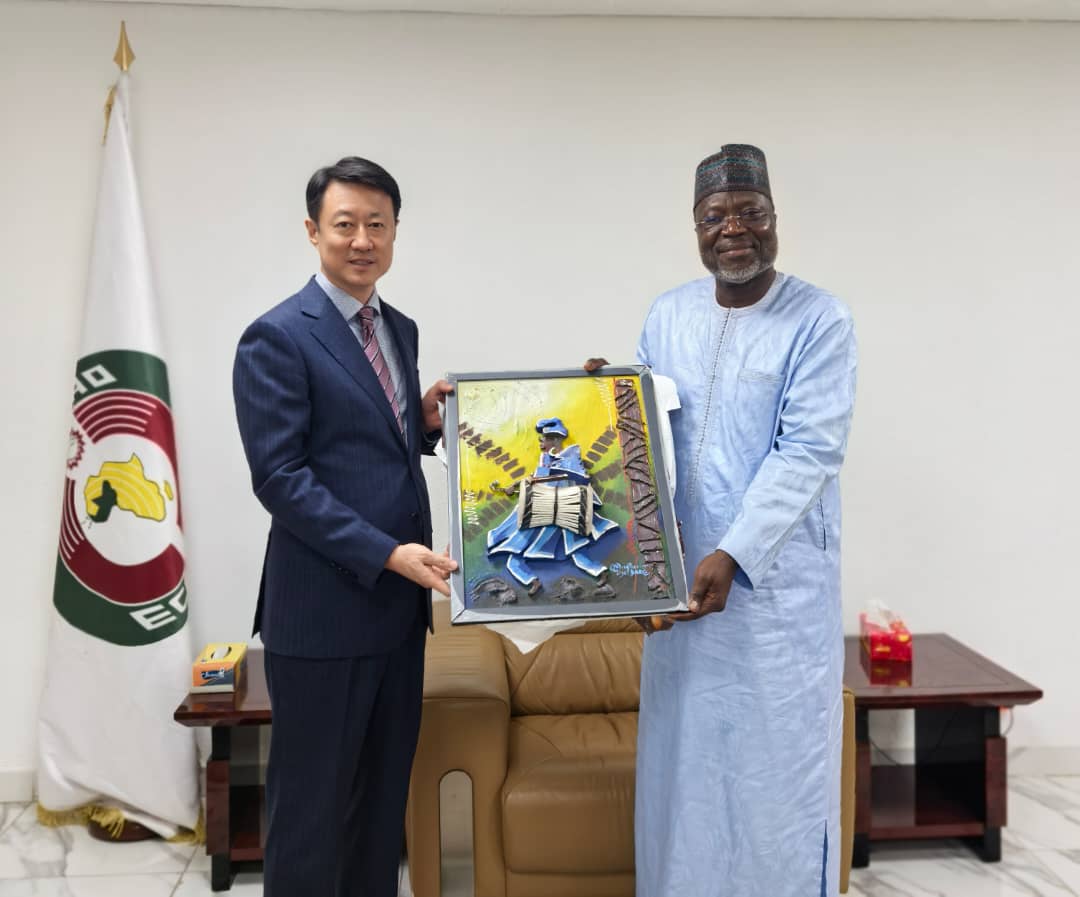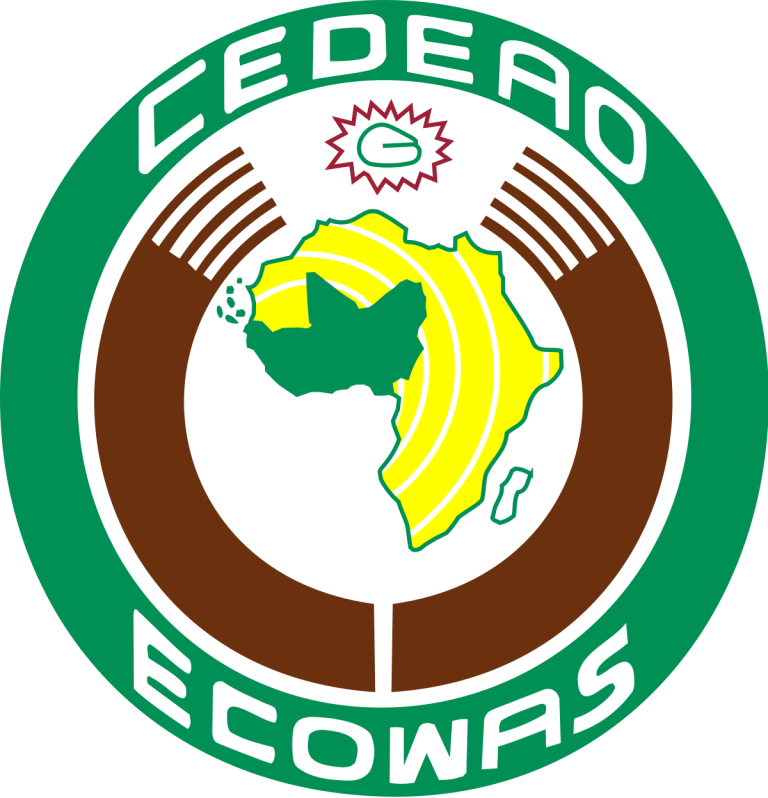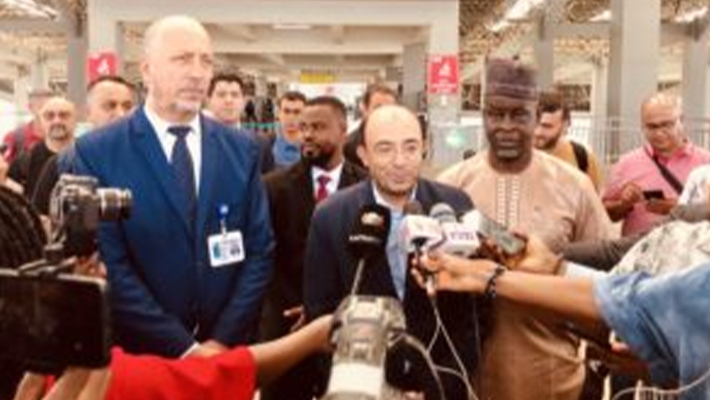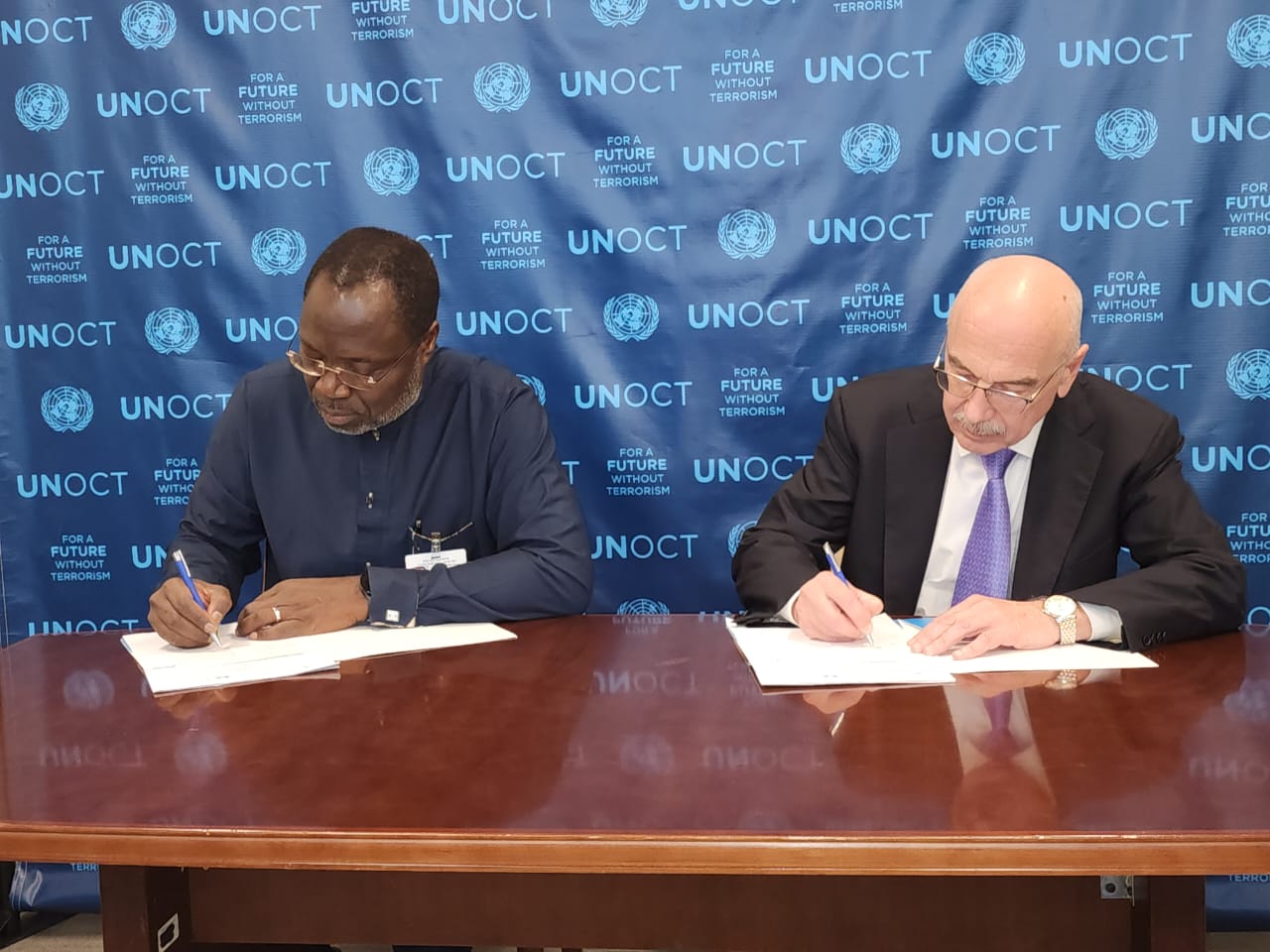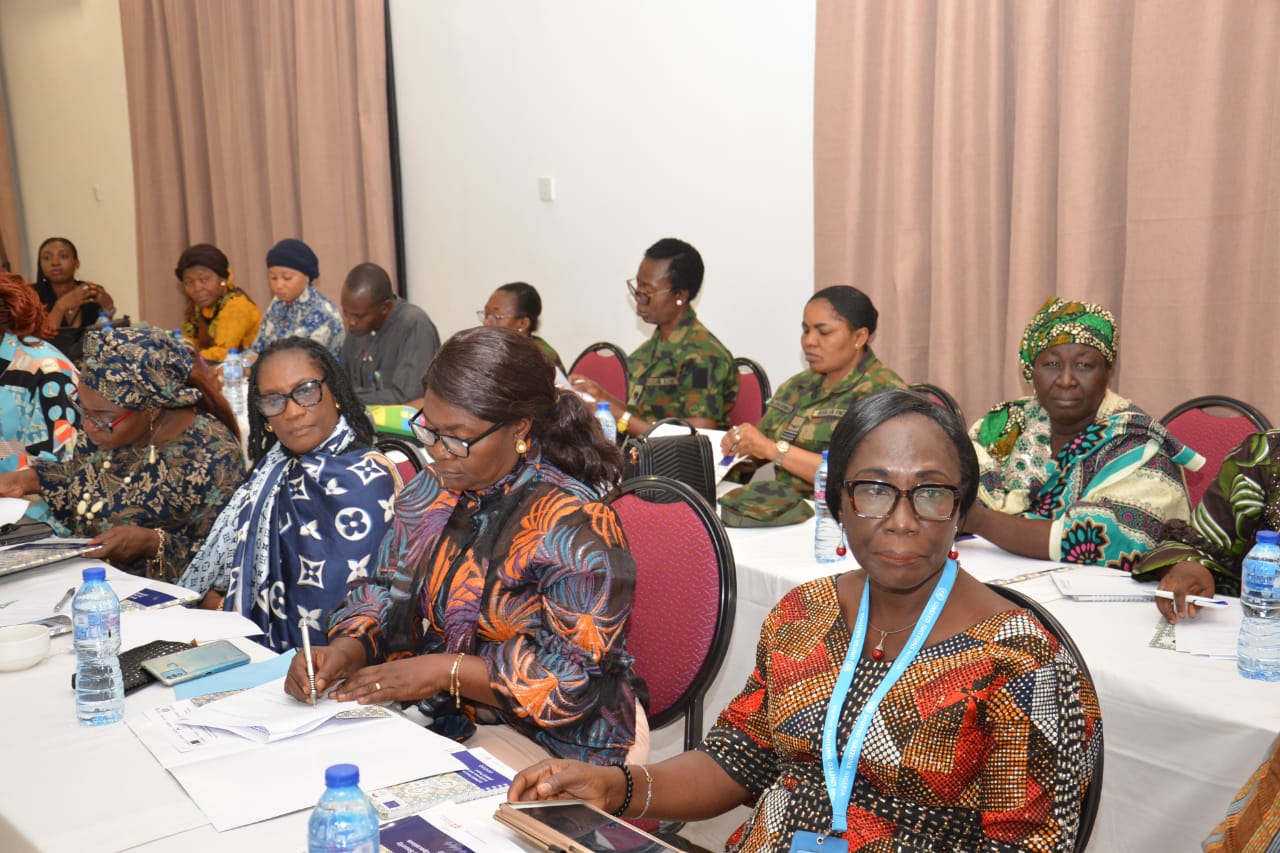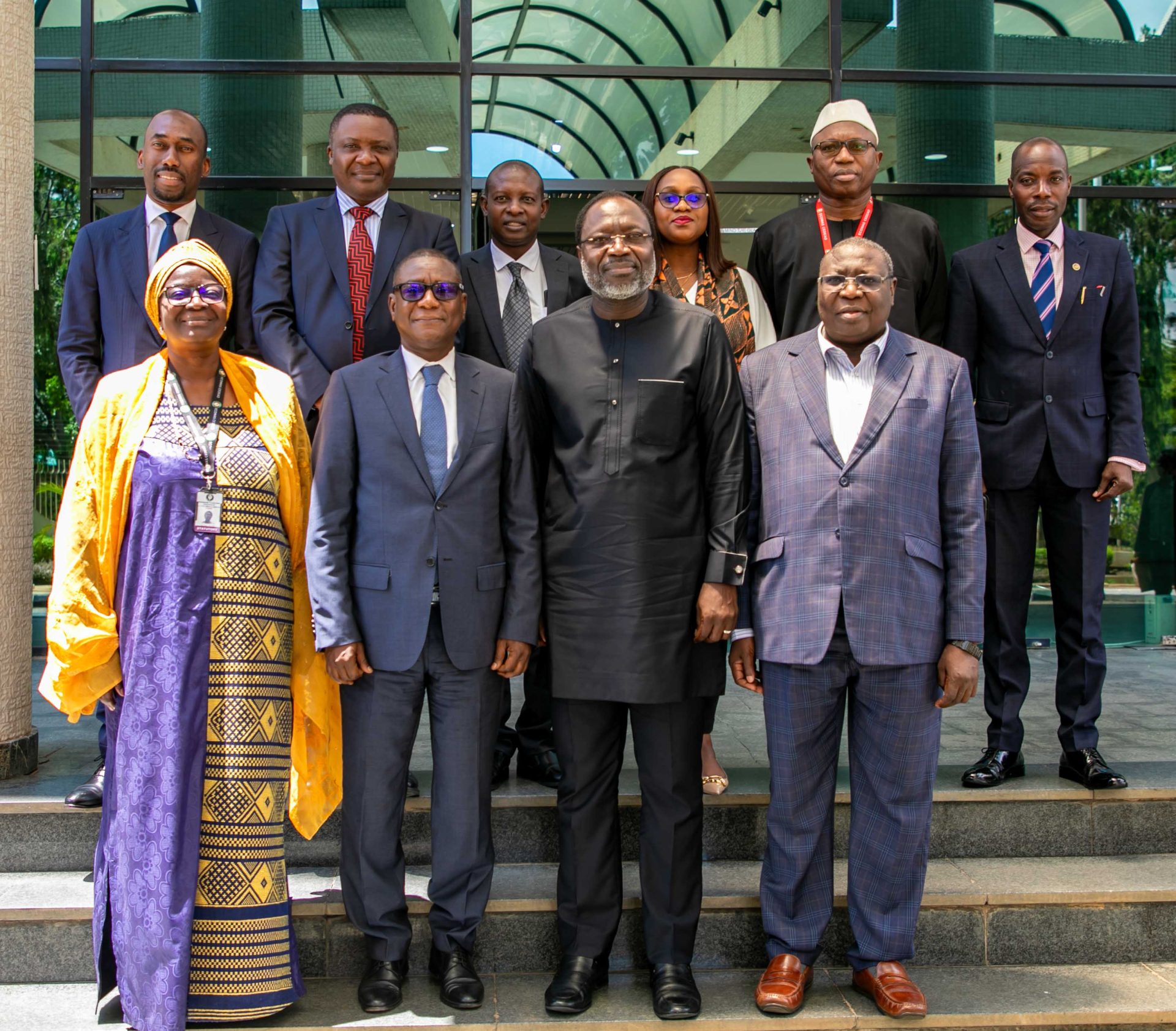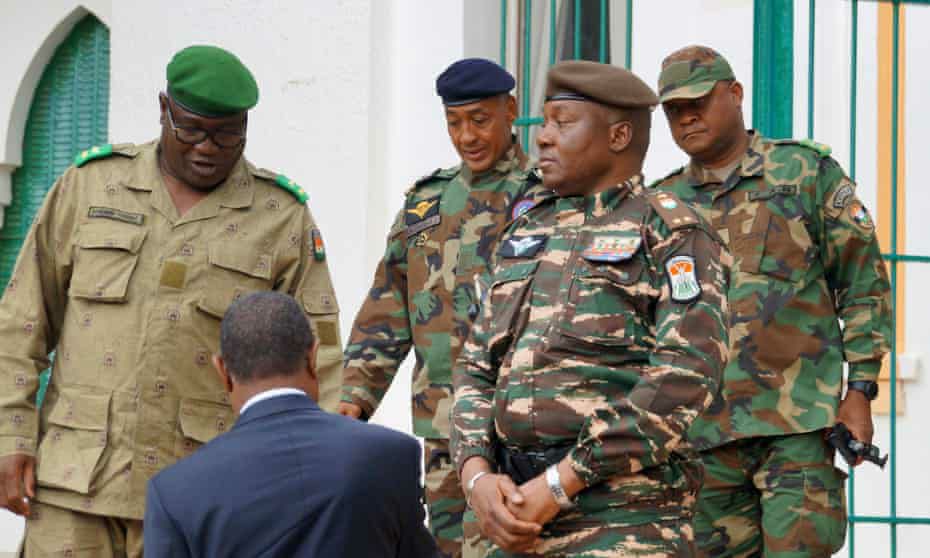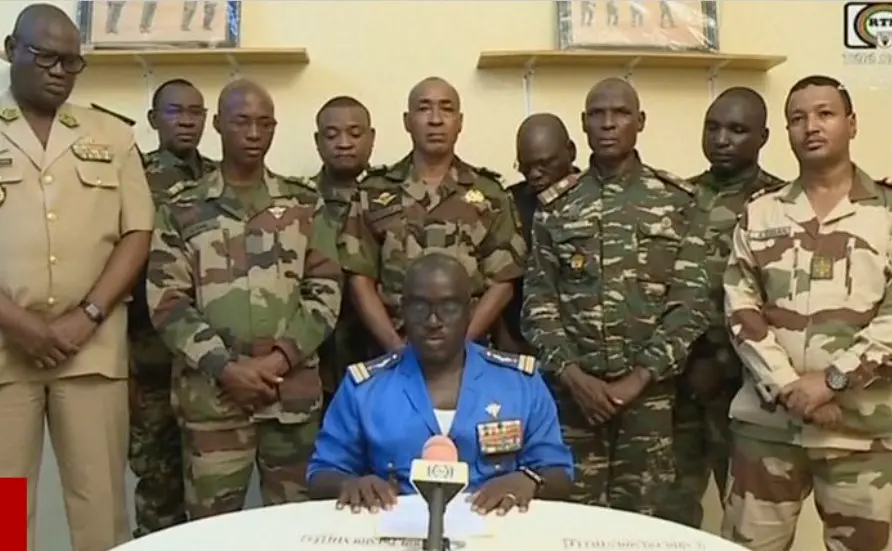China has reaffirmed its commitment to strengthening cooperation with West Africa as Chinese Ambassador to Nigeria and ECOWAS, Yu Dunhai, met with the President of the ECOWAS Commission, Omar Alieu Touray, in Abuja on Thursday.
According to a statement from the Chinese embassy, the meeting underscored Beijing’s growing engagement with the regional bloc and outlined new avenues for partnership aimed at promoting development, stability, and integration across West Africa.
Ambassador Yu praised ECOWAS for its pivotal role over the past 50 years, noting that the organisation has become a cornerstone for regional cooperation, peacekeeping, democratic governance, and economic integration.
He described ECOWAS as one of Africa’s most impactful regional institutions, whose work aligns with the broader aspirations of the continent.
Highlighting the depth of China–ECOWAS relations, Yu said the partnership stands as a notable example of South–South cooperation and a reflection of the longstanding friendship between China and African nations.
He cited the ECOWAS headquarters building, constructed with Chinese support, as a visible symbol of the collaboration.
Yu also referenced China’s current national development direction, noting that the Recommendations for Formulating the 15th Five-Year Plan reaffirm Beijing’s readiness to share development opportunities globally.
As part of this agenda, he said China is prepared to accelerate zero-tariff measures for African countries, a policy expected to open new economic opportunities for the West African region.
During the visit, the Ambassador presented a China-made official vehicle to President Touray, describing it as a gesture to support the Commission’s work.
President Touray, in response, thanked China for its continued assistance in strengthening ECOWAS’ institutional capacity and development programmes.
He commended China’s progress in various sectors and reiterated the bloc’s support for the four global initiatives proposed by Beijing.
Touray affirmed ECOWAS’ readiness to deepen cooperation with China, expressing optimism that both sides are poised to “open a new chapter” in an already robust partnership.
